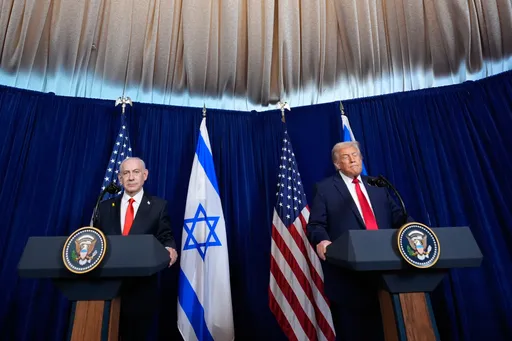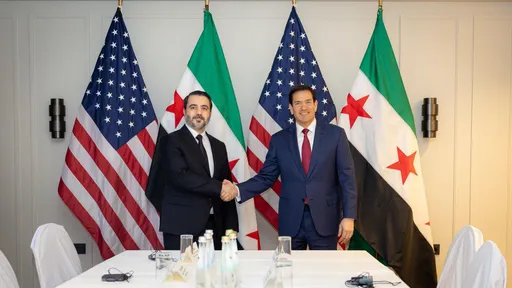China has accused Washington of pursuing "technology hegemony" as the United States began stepping up pressure on tech giant Huawei by blocking access to American suppliers.
The Biden administration has stopped approving renewal of licenses to some US companies that have been selling essential components to the Chinese company, two people familiar with the matter said on Tuesday.
Neither was authorised to comment publicly on the sensitive matter and they spoke on condition of anonymity.
The company, which makes network equipment and smartphones, has been on the US Commerce Department's entity list, which comprises those subject to licensing requirements, since 2019.
It has been allowed to buy some less advanced components. But the new restrictions could cut off Huawei's access to processor chips and other technology, as large US-based companies such as Intel and Qualcomm are forced to wind down business with it.
READ MORE:Biden admin halts US firms from granting tech to Huawei
Earlier, Beijing accused US of pursuing "technology hegemony" after reports emerged that US was blocking all access to American suppliers.
"China is gravely concerned about the reports," said Foreign Ministry spokesperson Mao Ning.
She accused Washington of "over-stretching the concept of national security and abusing state power" to suppress Chinese competitors.
"Such practices are contrary to the principles of market economy" and are "blatant technological hegemony," Mao said.
Bloomberg News and the Financial Times first reported that the administration was weighing the move.
Huawei Technologies Ltd, China's first global tech brand, is at the centre of a conflict between Washington and Beijing over technology and security.
US officials say Huawei is a security risk and might facilitate Chinese spying, an accusation the company denies.
READ MORE:Chip wars: How US short-circuited China’s semiconductor ambitions
'Restrictions are now our new normal'
Mao said Beijing would "defend the legitimate rights" of its companies but gave no indication of how the government might respond.
Beijing has made similar declarations after past US action against its companies but often does nothing.
The ban on sales of advanced US processor chips and music, maps and other services from Alphabet Inc.'s Google unit crippled Huawei's smartphone business.
The company sold its low-end Honor smartphone brand to revive sales by separating it from the sanctions on its corporate parent.
The US Commerce Department agreed to grant export licenses to US companies to allow them to sell less-advanced chips and other technology to Huawei that was deemed not to be a security risk.
That followed complaints suppliers would lose billions of dollars in annual sales.
The Biden administration is considering no longer granting such licenses, although no decision has been made, according to the person familiar with the deliberations.
Huawei scrambled to remove US components from its network and other products and has launched new business lines serving factories, self-driving cars and other industrial customers.
The company hopes those are less vulnerable to US pressure.
Huawei says its business is starting to rebound.
"In 2020, we successfully pulled ourselves out of crisis mode," Eric Xu, one of three Huawei executives who take turns as chairman, said in a December letter to employees.
"US restrictions are now our new normal, and we're back to business as usual."
Last year's revenue was forecast to be little-changed from 2021 at $91.6 billion, Xu said.
READ MORE: Huawei out of 'crisis mode' despite US-led sanctions























